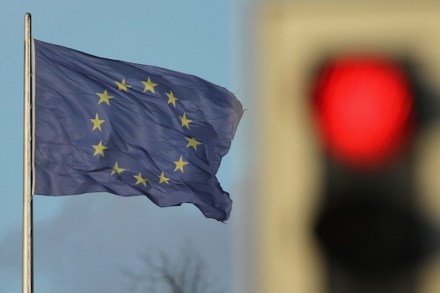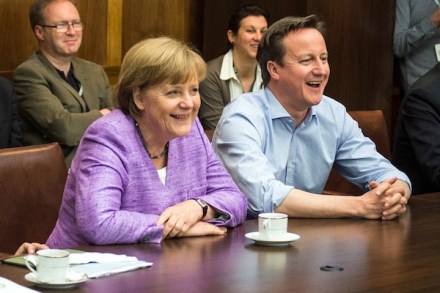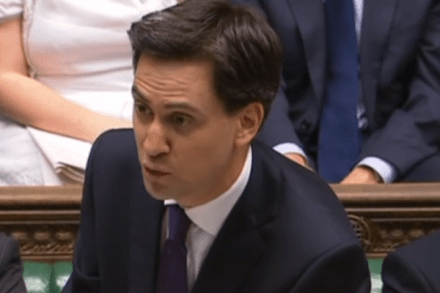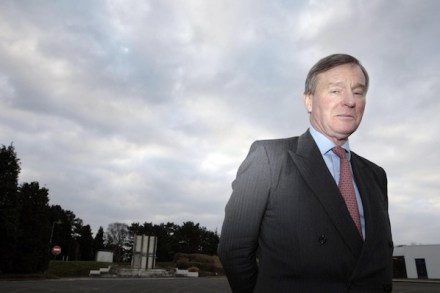PMQs: David Cameron needs to show he has control of EU vote
At PMQs today, David Cameron will need to go some distance to meet his backbenchers and head off a government defeat tonight on the EU budget. He’ll need to say that he personally would like to see the EU Budget reduced and that if other countries are prepared to agree to that, he’d be delighted. But that the one thing he’ll guarantee is that he’ll veto any real terms increase. He’ll also need to take the fight to Labour on the matter, pointing out how Blair gave up a chunk of the rebate for the vaguest of promises on CAP reform. Part of the reason that Europe votes keep causing




















